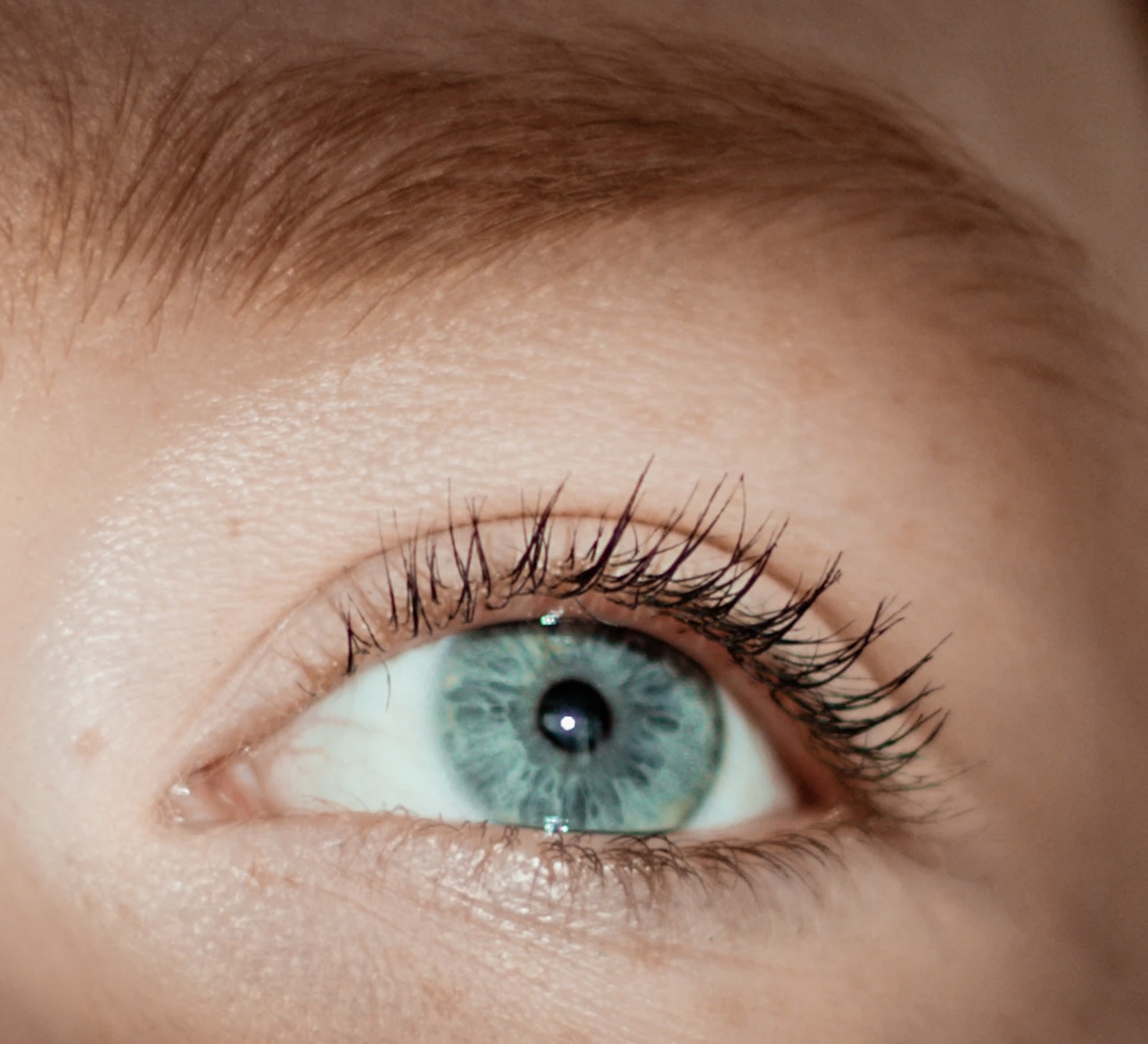I bought my first pair of readers when I was 43. I held out as long as I could. Within a few years, my friends and I were all comparing readers and prescriptions while perusing our dinner menus using the flashlights on our phones. Until then, I’d had the luxury of not paying any attention to eye health. Now, I have the luxury of receiving curated scientific studies from our AGEIST brand partners — like Timeline.
As we age, our bodies undergo a wide variety of changes (don’t we know it!), and our eyes are no exception. Maintaining eye health becomes increasingly crucial to ensure the quality of life and independence we all want. Let’s explore the aging process of the eyes, highlight the pivotal role of mitophagy, and discuss options we have to support our aging eyes.
Understanding Eye Health
Aging affects the eyes in multiple ways. Some of the most common conditions can lead to a gradual decline in our vision and, if ignored, can start to affect our ability to perform everyday tasks.
- Presbyopia – the difficulty of focusing on close objects
- Cataracts – the clouding of the lens
- Glaucoma – damage to the optic nerve due to pressure
- Age-related macular degeneration
- Diabetic retinopathy – damage to the retina due to diabetes
The Significance of Mitophagy in Eye Health
Mitophagy plays a critical role in the maintenance of cellular health and function by working to remove damaged mitochondria from the cell. Our mitochondria (the powerhouse of our cells) generate the energy needed for various cellular activities — yet, as mitochondria age or become damaged, they are a lot less efficient in doing their job. This is where mitophagy comes in.
Mitophagy helps mitigate this damage by selectively degrading the dysfunctional mitochondria in order to maintain cellular health. In the context of eye health, mitophagy is especially important due to the high metabolic demand of visual processing, which requires optimal mitochondrial function.
Mitophagy and Age-Related Eye Disease
Research shows that enhanced mitophagy can slow the progression of age-related eye diseases. By promoting mitophagy, it’s possible to remove damaged mitochondria, potentially slowing disease progression and preserving vision. Furthermore, studies suggest that interventions aiming to boost mitophagy could offer new therapeutic strategies for treating eye diseases associated with aging.
Tips for Enhancing Mitophagy and Maintaining Eye Health
Current therapeutic strategies and tips include dietary approaches and pharmacological interventions designed to stimulate the mitophagy pathway. And, at AGEIST, we are big believers in addressing both the lifestyle changes that we can make and relying on scientific advancements to supplement our efforts.
- Regular Eye Exams: Early detection of eye conditions can prevent or slow down vision loss
- Healthy Lifestyle: A balanced diet rich in vitamins and antioxidants, regular exercise, and avoiding smoking can support eye health
- Eye Protection: Wearing sunglasses to protect against UV rays
- Enhance Mitophagy: Urolithin A, a supplement known for stimulating mitophagy and preventing damaged mitochondria accumulation
Urolithin A was a hot topic in 2023 and, based on the effectiveness of the supplement, it will continue to rise in awareness and use. Getting the correct dosage is also key, which is why the AGEIST Scientific Board uses MitopureⓇ. It’s a clinically validated, highly pure Urolithin A supplement proven to re-energize your cells and trigger mitophagy.
The more you know
We are all getting older — as are our eyes. But, understanding the role of mitophagy in maintaining cellular health presents new possibilities for mitigating age-related vision decline. By combining scientific advancements with practical health measures, we can better protect our eyes and maintain vision as we age. And, while my readers naturally transitioned into progressive lenses, I kinda love them. (And who doesn’t love an accessory with a purpose?) Timeline has a special discount for our readers (making it even easier to make those good, daily choices). Use code “AGEIST” at checkout and receive 10% off their products.


Can you please direct me to research about Urolithin A and if it can help (or harm) someone who has wet macular degeneration. Thanks.
Hi! We asked the Timeline Nutrition team your question, their response is: On the Macular Degeneration topic, here is what we can share: We have no data that would directly answer this questions and shouldn’t represent any connection between UA and WMD. We just don’t know.
We can provide these research papers if you’re interested and we recommend talking with your healthcare provider:
https://pubmed.ncbi.nlm.nih.gov/29777261/ ; https://pubmed.ncbi.nlm.nih.gov/32298788/ ; https://pubmed.ncbi.nlm.nih.gov/37454969/
Additionally, here are some pre-clinical studies that might be of interest: https://pubmed.ncbi.nlm.nih.gov/38280852/ ; https://www.mdpi.com/2073-4409/12/20/2496 ; https://pubmed.ncbi.nlm.nih.gov/35321989/.